Reporting on elections can be exhausting and frustrating but also exhilarating and career-defining. Many, if not most, news and content professionals will experience these highs and lows during the 2024 election cycle.
Providing in-depth coverage of what is already a tumultuous and historically significant election year will require persistence, late nights, and good old shoe leather. Accessing independent resources with tips and explainers of election topics will be of equal importance, from the science of polling to identifying misinformation to understanding how to report on local ballot measures.
Based at the Harvard Kennedy School’s Shorenstein Center on Media, Politics and Public Policy and founded by Thomas E. Patterson, Bradlee professor of government and the press, The Journalist’s Resource is an open-access, online publication for journalists across the globe.
It helps journalists understand public policy topics that are well-researched by academics, highlighting peer-reviewed studies presented as summaries, articles, comics and graphics in clear, concise language for quick but thorough comprehension.
“Our users run the gamut from high school newspaper reporters to top editors at major international news outlets. We know we're impacting the local, national and international level when newsrooms link back to our pieces in their news stories or editorials,” Carmen Nobel, program director and editor-in-chief, said.
According to Nobel, many journalists are confused about the complexities of public opinion polls, a staple of election reporting. The Journalist’s Resource publishes a tip sheet of 11 questions journalists should ask to report on polls accurately or determine whether they are credible enough for coverage.
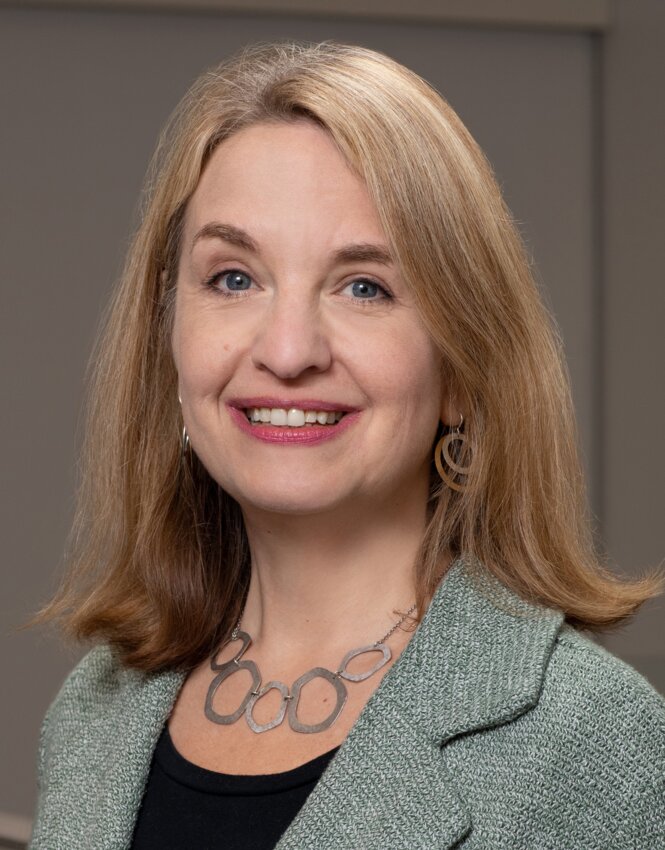
These questions include: Who conducted the poll? Who paid for it? How were people chosen to participate and eight others. Nobel said the math of poll results is also a tripping point for many journalists, and explanations of margin of error and percent change versus percentage-point change are some of the most visited pages on the website.
“We also have an entire section on the website called Know Your Research. It helps journalists understand research methodology and terminology, academic research, and how to report using basic statistical terms. Many people also tune into our webinars about basic research methodology and how to incorporate research into their work,” Nobel said.
Reining in horse race reporting
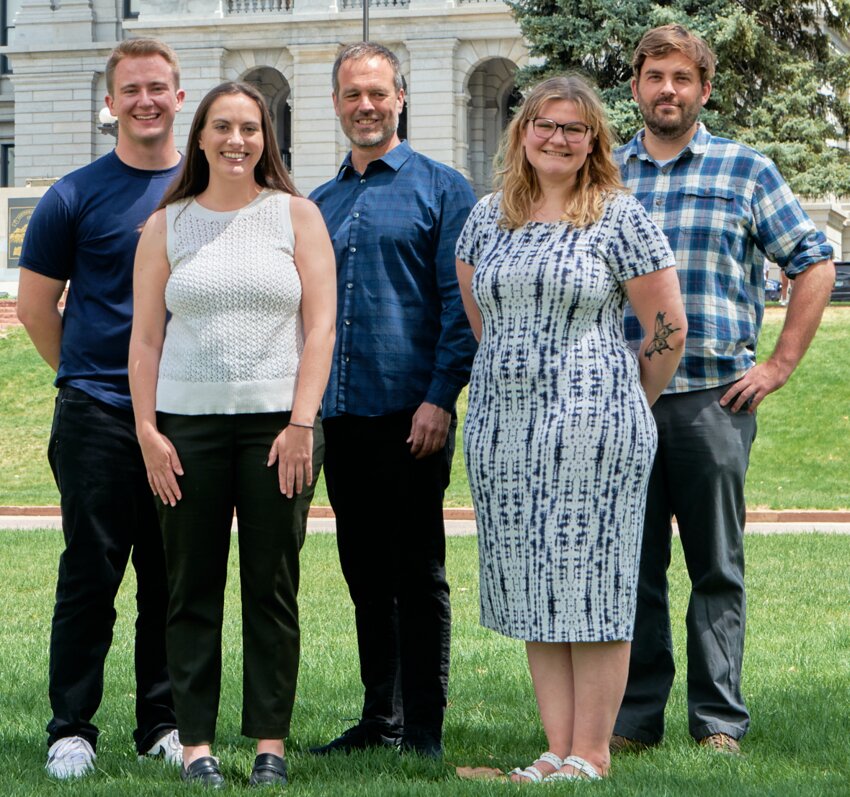
So-called horse race reporting is when a disproportionate amount of election coverage concerns which candidates are winning and losing and less about the issues important to voters. Academic research has revealed that horse race reporting can lead to distrust in politicians and news outlets, a less-informed public, inaccurate reporting of opinion poll results and harm to the candidacies of women who often base their campaigns on policy issues.
“The best-case scenario is horse race journalism may help to generate interest in elections among voters who might not otherwise be interested. That said, you can’t be doing good journalism if you’re focusing on nothing but the horse race,” Nobel said.
Colorado Newsline, a nonprofit, nonpartisan, independent source of online news, is one of several news outlets committed to reining in its horse race reporting and increasing coverage of issues. It implemented this new approach during the November 2023 election, but it was more of a test given the few statewide candidates.
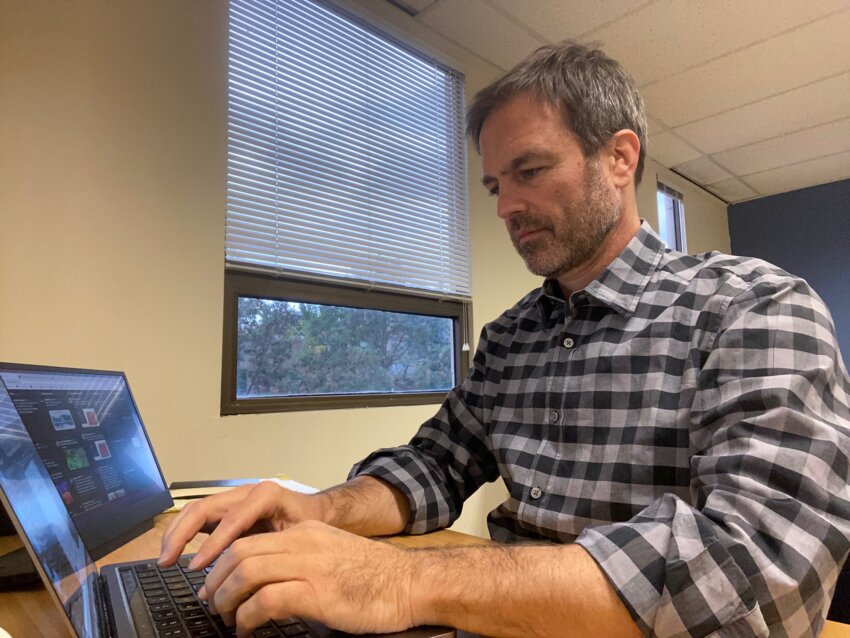
“Our intent, though, is to develop a more comprehensive plan to demote horse race coverage during the 2024 election when there will be more legislative and congressional races and the presidential race,” Editor Quentin Young said.
Young and his staff expect to spend more time traveling the state and speaking with voters and residents. They may also create an online engagement campaign to ask voters what they want to hear about and then share that input with politicians. Young said when they don’t align, his staff will challenge the politicians and make that the focus of Newsline’s election reporting.
The Tennessean connects candidates and voters.
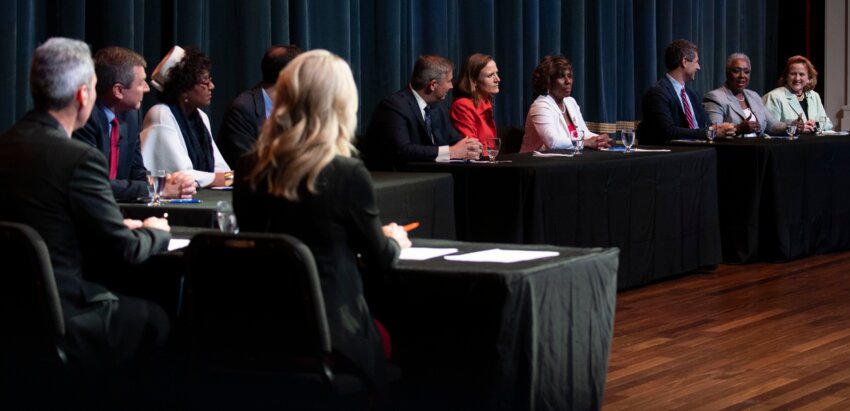
The 2023 municipal elections in Nashville, Tennessee, included 106 candidates for those offices. The Tennessean, a USA TODAY Network publication in Nashville, started to develop a plan in 2022 to create more extensive partnerships and relationships, host events and utilize a multitude of reporting tools and platforms.
The Tennessean had used candidate questionnaires for several years, but until recently, they were often for internal editorial purposes. The questionnaire was refined for the August election to inform the public about who was running and who they were — making it easier to compare them to their competitors.
According to David Plazas, The Tennessean’s director of opinion and engagement, 92% of all the local candidates submitted the questionnaire, and they generated tens of thousands of page views and hundreds of new subscriptions.
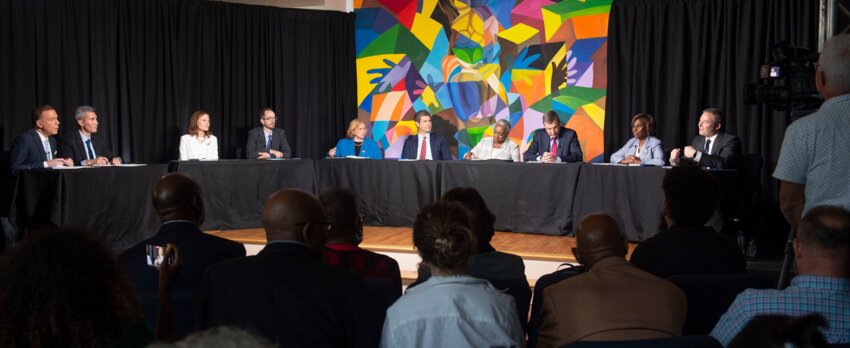
“I then created a little scorecard with five topics about each candidate culled from their questionnaires. As journalists, we often think election coverage requires long-form narratives, but some people want a bullet-point narrative. The scorecard was a hit, and many people told me it was a very valuable tool for them,” Plazas said.
The Tennessean also created and hosted four mayoral debates and partnered with local media, universities and the League of Women Voters of Nashville. The debates and edited segments reached audiences on digital TV, online video, YouTube, The Tennessean’s newsletters and other platforms.
“I found it takes plenty of preparation to stage these debates or other election-based events. You must establish the partnerships, understand the parameters and set very clear expectations. I try to plan an event at least three months in advance. I knew there would be dozens of election forums, and I wanted our events on candidates’ calendars first,” Plazas added.
Playing hardball
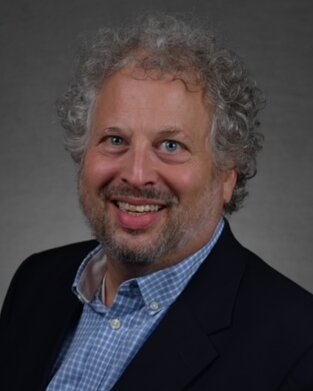
Dan Froomkin, founder and editor of Press Watch, a nonprofit publication funded by readers, pulls no punches about 2024 election reporting. He thinks journalists and news outlets “should take sides in favor of truth-telling, the Constitution, the rule of law and separations of power.” He also advocates including some remedial civics content.
“I recommend every news organization run a piece defining the key terms in the current debate: fascism, socialism, communism and authoritarianism, tyranny and dictatorship. The problem is some political journalists will, and some won't want to be civics teachers. The problem is that most top political reporters are addicted to voice-based journalism. They would much rather write about what happened yesterday because it's so much easier than writing a captivating essay on civics,” Froomkin said.
Froomkin said one possible solution is, “Let the political reporters keep writing their little horse racy stuff, then have reporters on the investigative, international and culture desk write these primers on basic American governance issues. I don't think you're doing anyone any favors if you avoid essential issues that animate the 2024 election.”
Froomkin added local news organizations are well positioned to write about basic civics concepts because they are typically more trusted than national news outlets. He also recommends local news reporters conduct in-depth interviews with a variety of voters to understand better how they decide to vote for a particular candidate, their views on the issues and what news they consume.
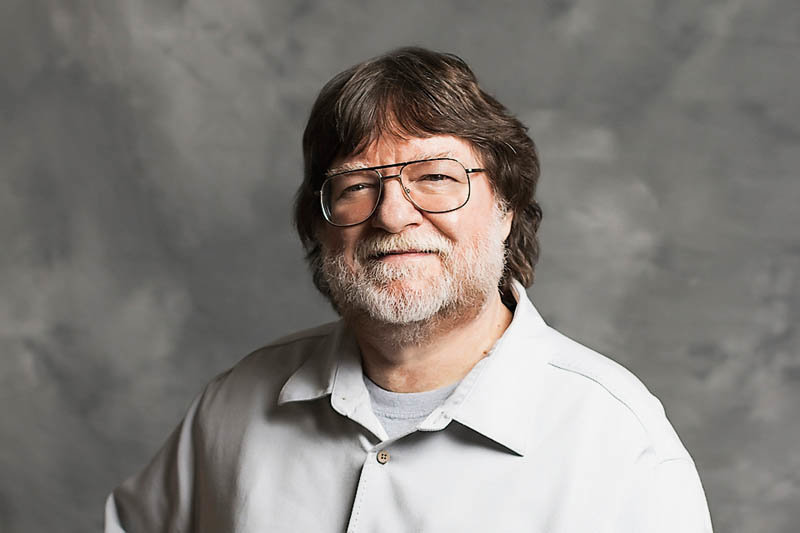 Bob Sillick has held many senior positions and served a myriad of clients during his 47 years in marketing and advertising. He has been a freelance/contract content researcher, writer, editor and manager since 2010. He can be reached at bobsillick@gmail.com.
Bob Sillick has held many senior positions and served a myriad of clients during his 47 years in marketing and advertising. He has been a freelance/contract content researcher, writer, editor and manager since 2010. He can be reached at bobsillick@gmail.com.
Comments
No comments on this item Please log in to comment by clicking here